Minimalism is the practice of finding freedom and joy through having less. In a society where we are so focused on acquiring more, doing more, being more, it offers a breathe of fresh air to the ceaselessness of the rat race. Unsurprisingly, it’s become something of a movement garnering a surge of popularity; note: minimalist queen Marie Kondo. It goes beyond a fad though—there are actual benefits mentally, emotionally, and spiritually. However, becoming a minimalist is a major lifestyle change that can prove to be a journey as difficult as it is rewarding. I have been an on-again, off-again minimalist for four years now, and while I’m nowhere near a being perfect at it all, I have found an immense amount of value from the principles of minimalism. Here are ten lessons I’ve learned from my practice; that anyone can learn without becoming a full-fledged minimalist.

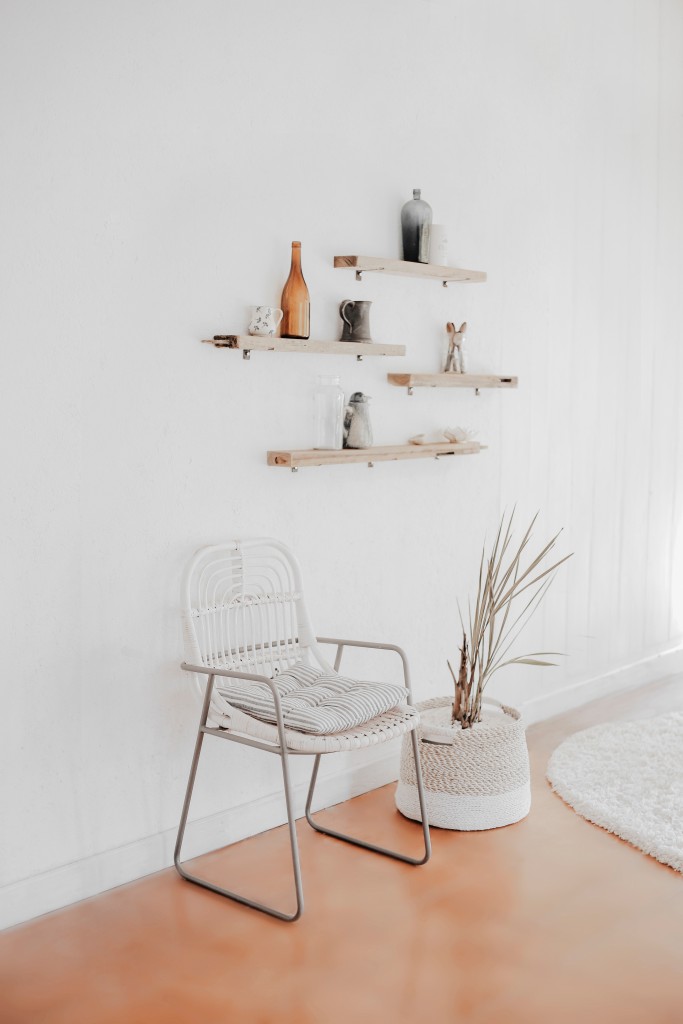
(Hutomo Abrianto)
Minimalism is not about throwing away all of your things in hopes of finding yourself when they’re gone. Rather, the focus of this practice is to sift through your things and realize all of the things that are not important that you cling to for one reason or another. The books you’ll never read again, the knick-knack someone gave you to remind you they went to Paris, seven baking spatulas? Not important. Practicing on material things give you the ability to work on your emotional and psychological baggage as well. That awkward moment from eighth grade that sometimes keeps you up at night, the conversation with your boss that could have gone better, the first date you wish you could re-do? Not important.

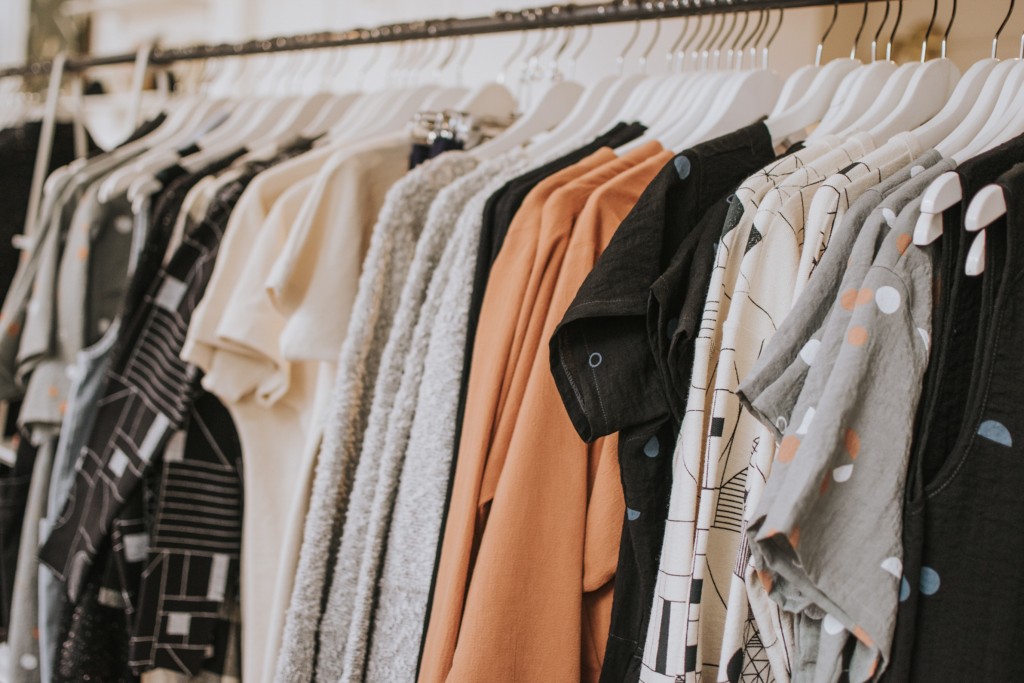
(Lauren Fleishmann)
Consumerism targets our constant desires to have the newest, best, and brightest. However, another tip we can take from minimalism is that this sort of need-now culture is dangerous. Fast fashion hurts the economies of the countries your cool new blouse is being made in and causes physical and psychological harm to the very people who made it. And so much of what we buy is made of materials that will take thousands of years to break down after it serves its short lifespan in our homes. Consumerism keeps us rolling through the cycle of getting a new item, loving it, seeing something better, and moving on. Minimalism can help us dramatically cut back on the harm to other humans and the earth. We can all do easy things like wearing less synthetic materials, using less plastic, and buying from local makers.

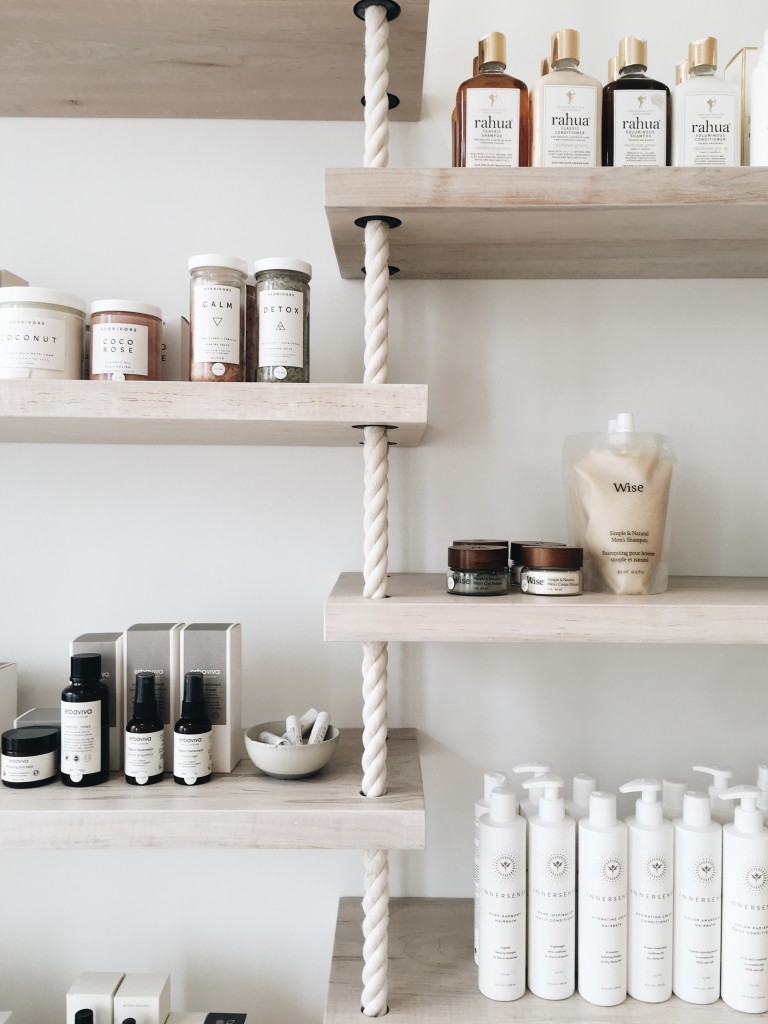
(Anna Sullivan)
The number of things you have does not make those items more valuable and does not increase its usefulness or versatility. I’m not hosting a dinner party for twelve anytime soon, so why do I need twelve place settings? Instead, I can invest the same amount into getting pieces that will last longer and that
you will make you happy every time you use them. The best thing is the one you actually use.

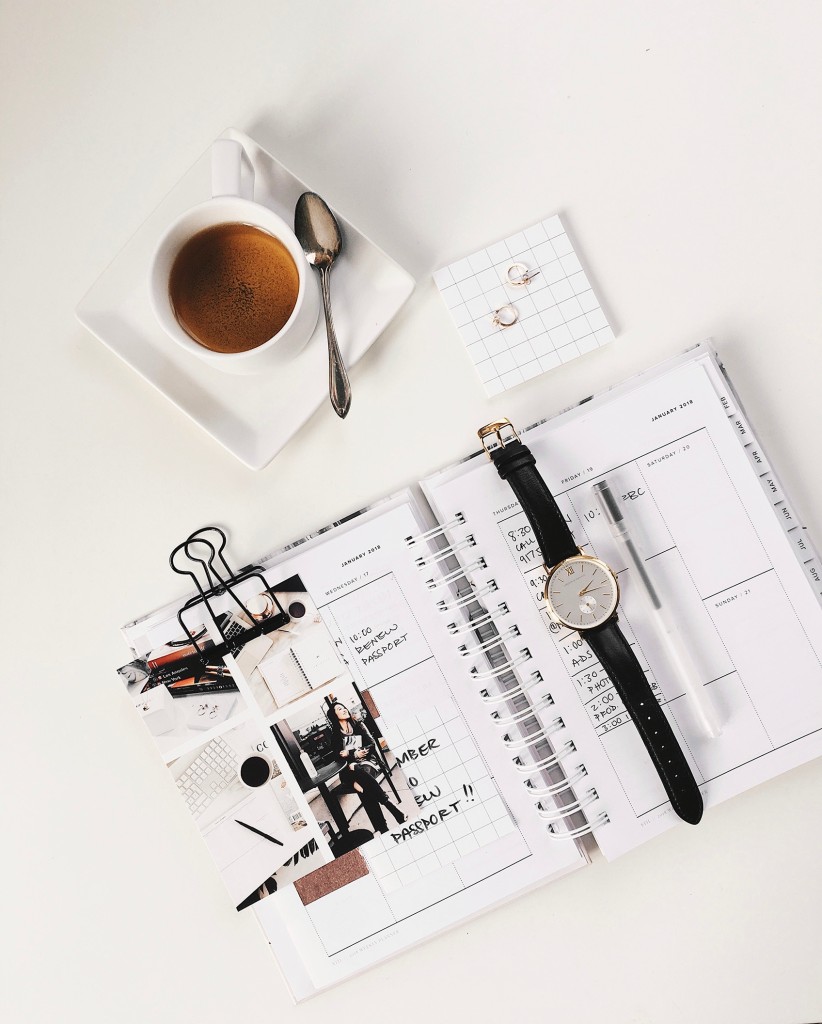
(STIL)
How much time do you spend every day, week, or month just putting all of the things you have away? Think of all the free time you would get back if you had less to put away. Cleaning the surfaces in your home is easier when there’s nothing on them. You have more open space when you don’t have to store fifty birthday cards from ten years ago or all thirteen yearbooks. Picking your outfits is faster when your closet is smaller and you love everything in it. Minimalism is about taking your life back from things.

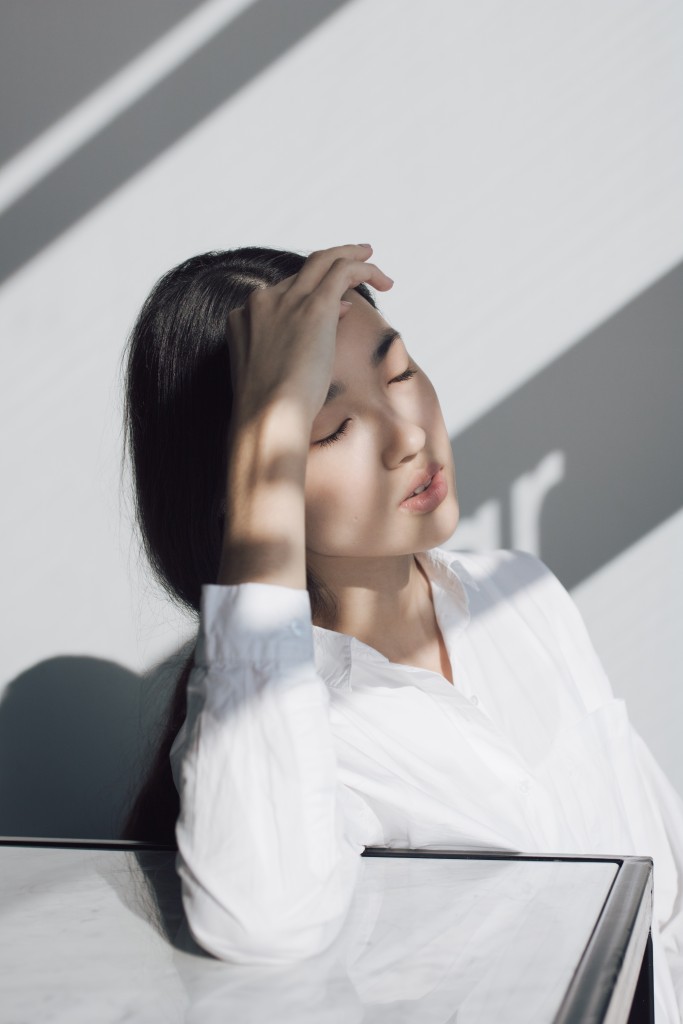
(Aiony Haust)
When you have less, you have time to focus on what matters– yourself and your relationships. You can confront your problems instead of distracting yourself with a pile of things that need to be put away or a giant load of dishes that need to get done. You can care for yourself, and you are better able to care for others. Your home is less like a toddler that constantly needs tending to, and more like a mother that fosters your well-being.

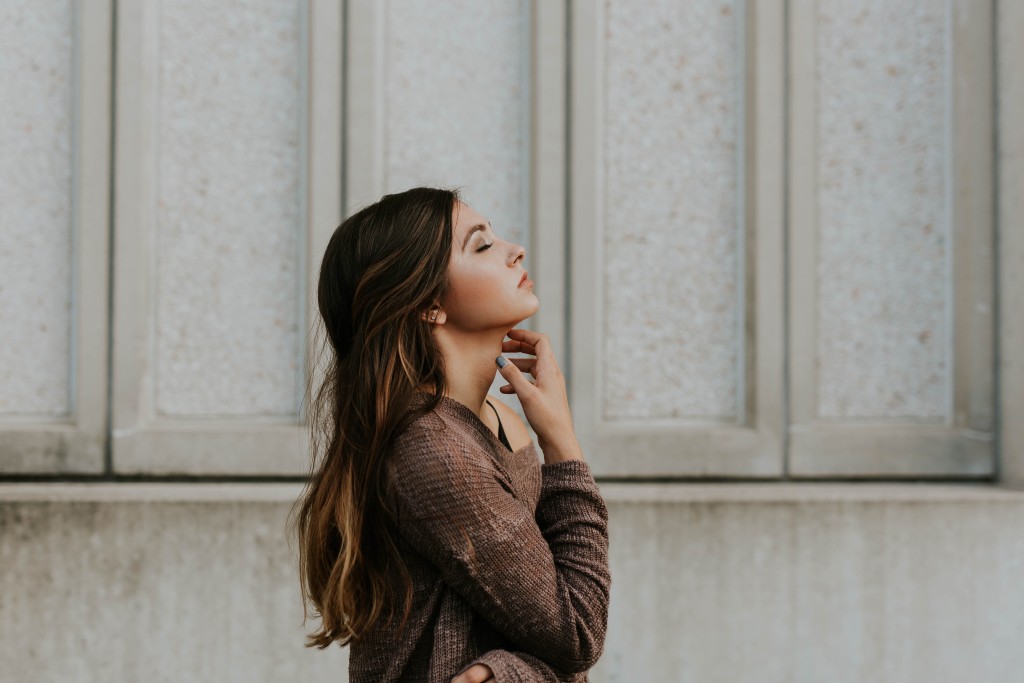
(Brooke Cagle)
This is a lesson that is hard to learn, but without so many distractions, you have the headspace to take out your problems, worries, and anxieties and find solutions to them, whether personal or professional. With some minimalist influence, you have more time and money and know that things that are beautiful are worth caring for. And you are a beautiful human with a beautiful mind.

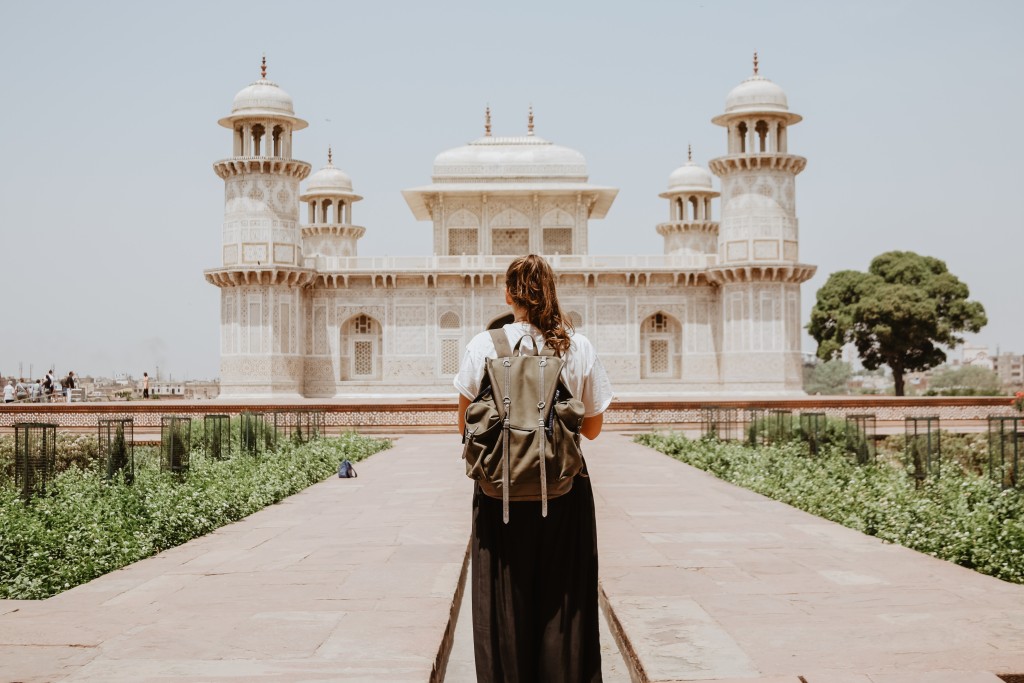
(Ibrahim Rifath)
Things are lost, broken, stolen, forgotten, but memories will change you and give you a fuller life.

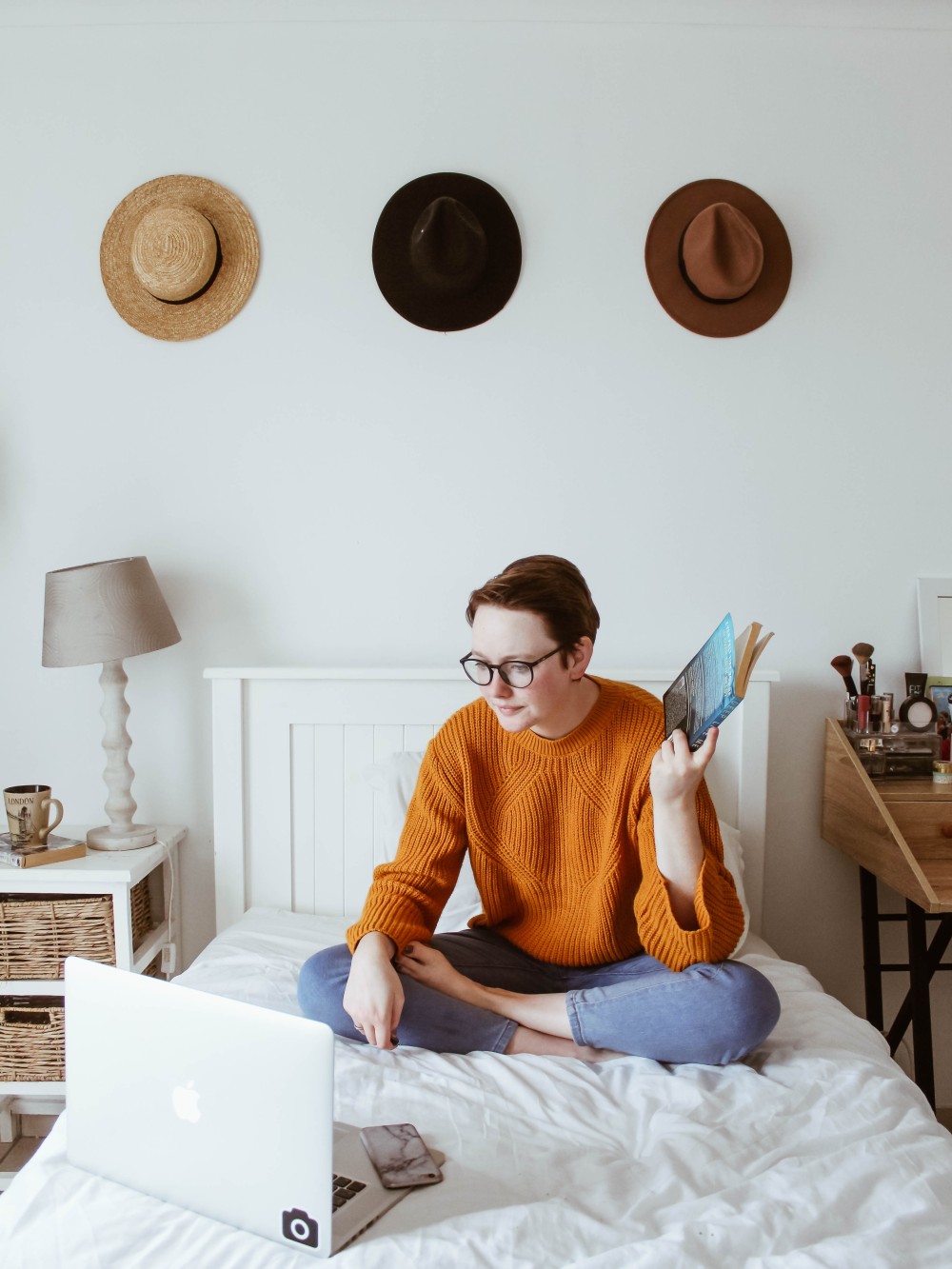
(Nicole Honeywill)
Not all things have to have a specific purpose. Something that is beautiful is worth having too. Having beautiful things will keep you inspired and happy. A home that welcomes you will be a refuge from the hectic world.

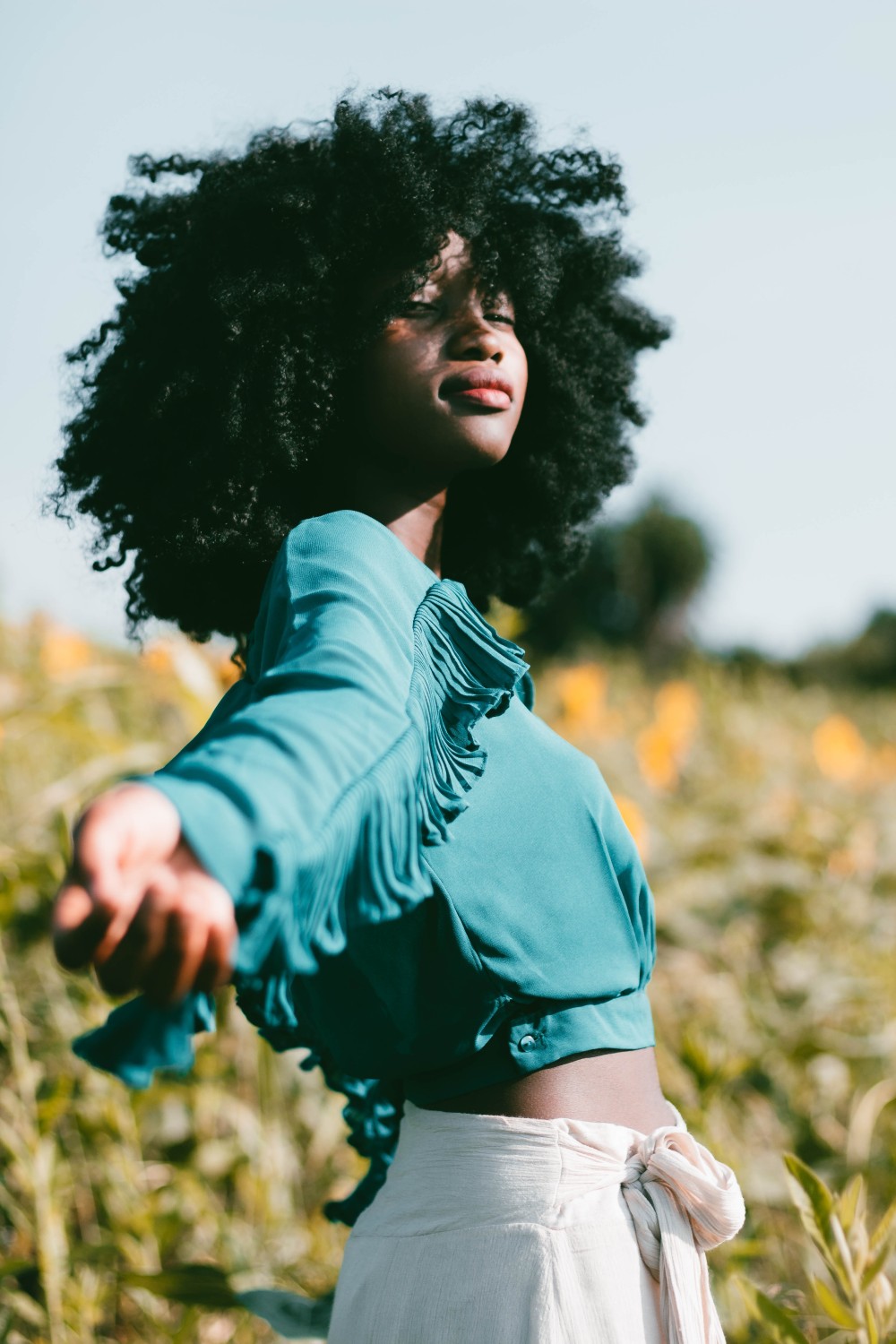
(Graham Hunt)
And knowing that difference will make you powerful. It will make you a better decision maker. It’s okay to want things, but knowing the psychological, time, and monetary constraint of each superfluous purchase is powerful.

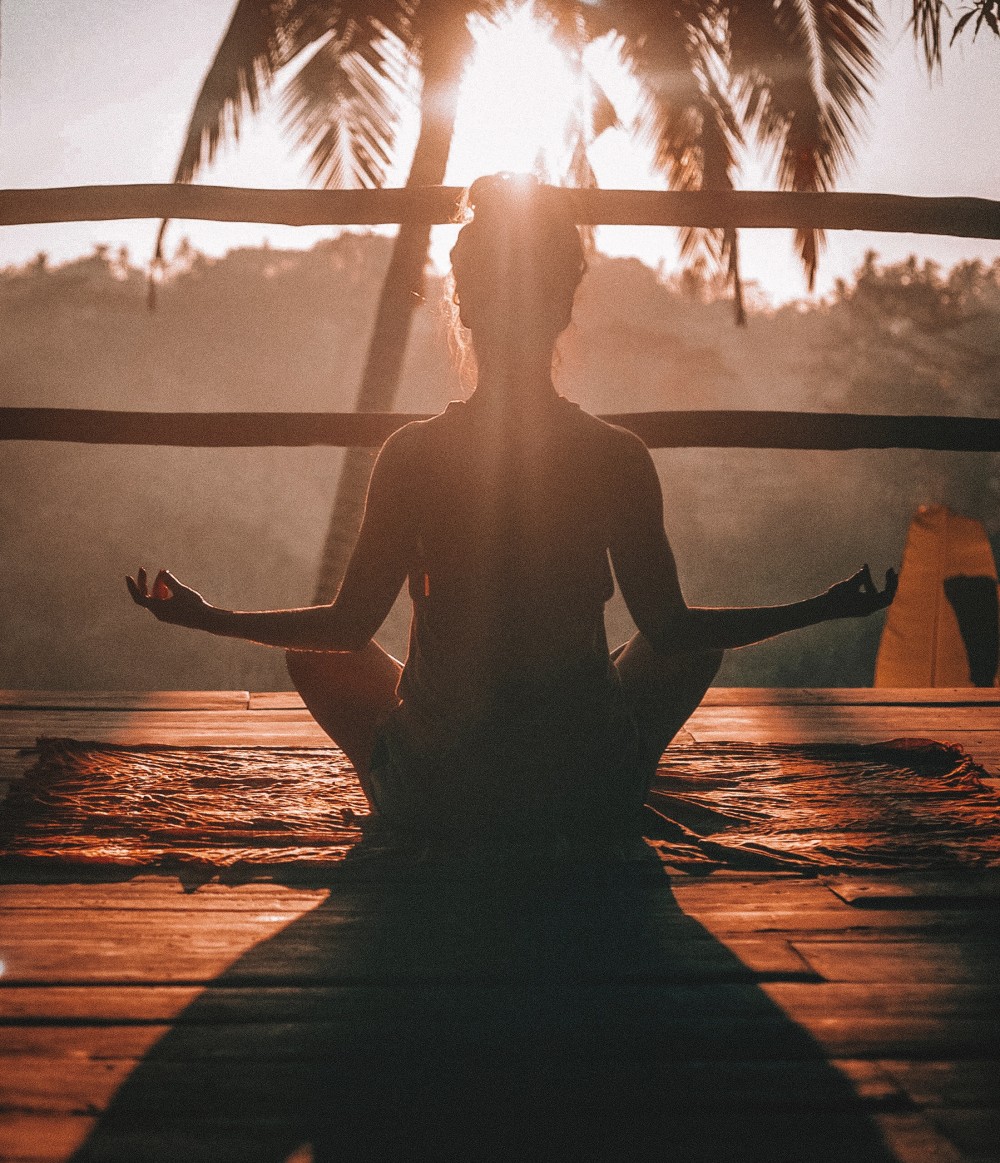
(Jared Rice)
Statistically, people that are grateful are happier. Being grateful for the people, talents, and, yes, even things that you have, however few, will make all of those items more valuable than the price tag would suggest. When all else is falling apart, you can remember how wonderful it is to have people who love you and to be able to love them back. At the end of a bad day, you can come home to your place of peace. This is the true value of minimalism– to curate a life that you want to live.

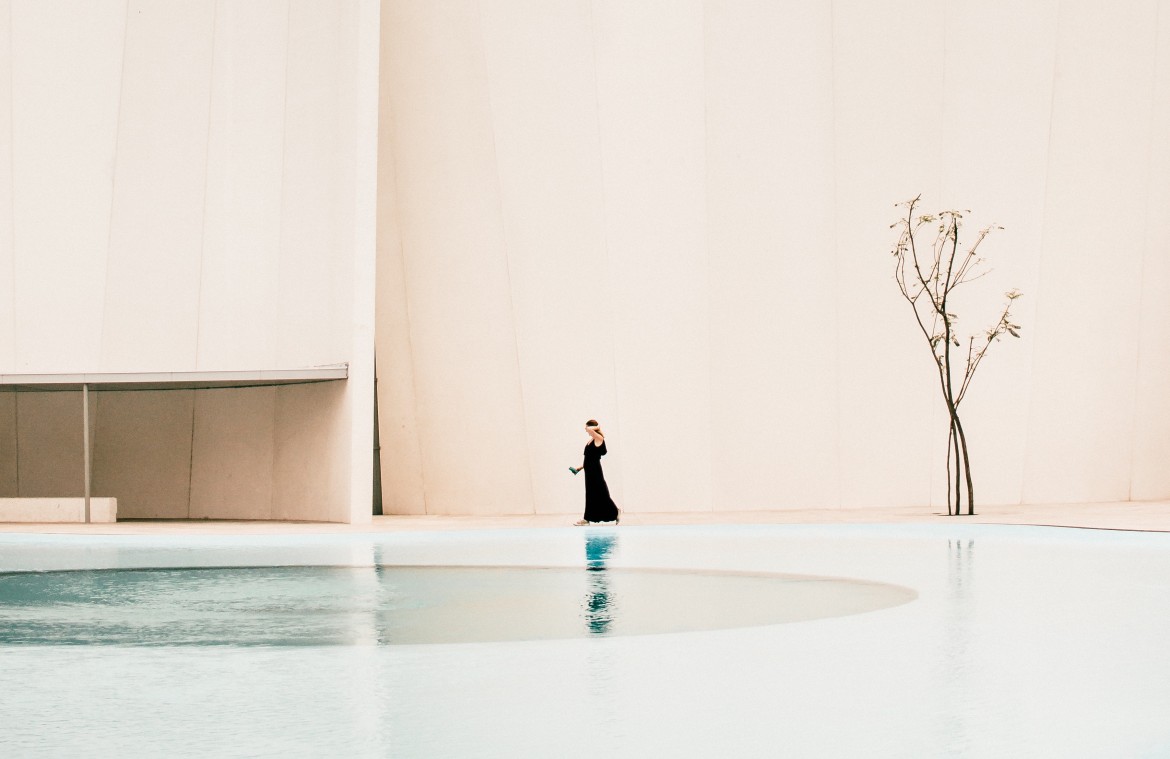






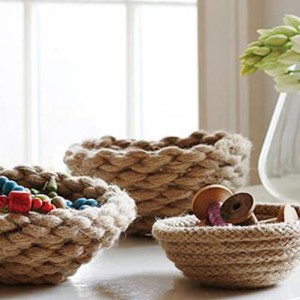

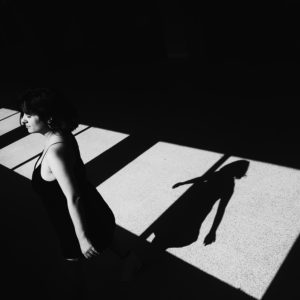
Leave a reply